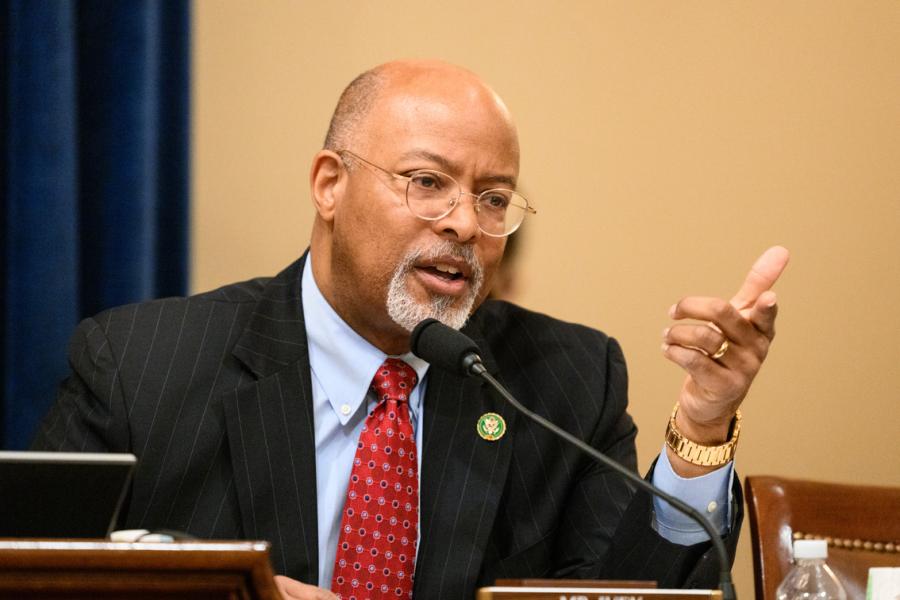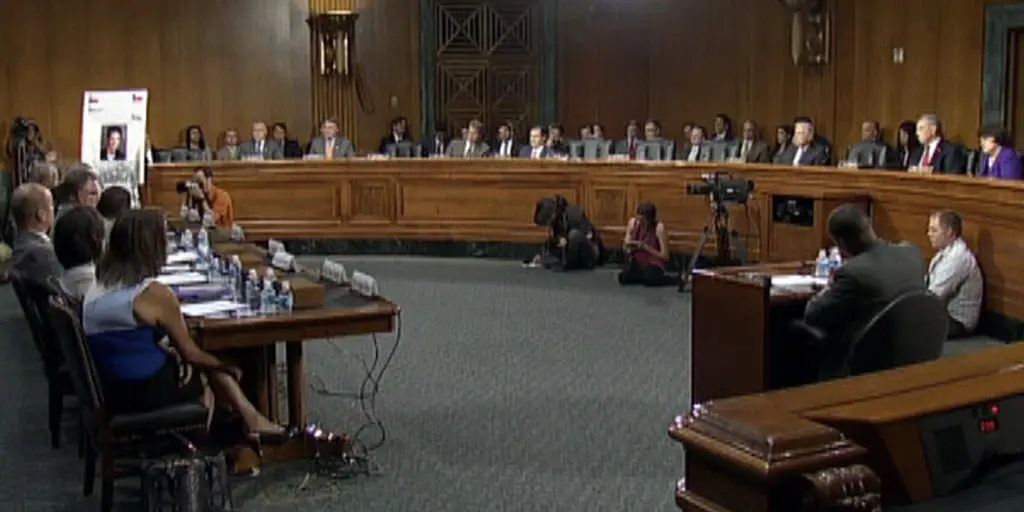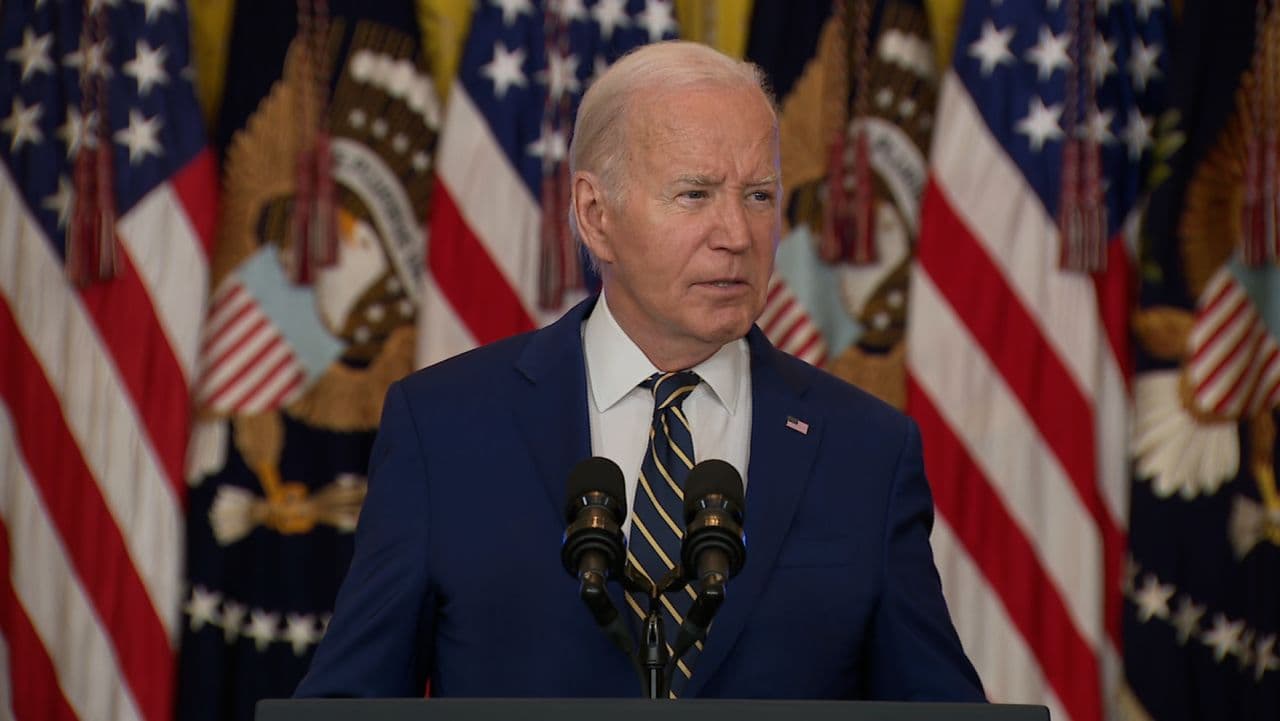The Biden administration"s recent measures to manage immigration fall short as a staggering 2.8 million people migrated to the United States in just one year. This unprecedented number highlights a systemic failure to engage Congress in meaningful reform that addresses the root causes of forced migration.
Administration Actions Lack Legislative Backbone
As reported by DHS, the government"s sweeping new actions, while necessary, do not replace the urgent need for comprehensive congressional reform. President Biden has consistently called on Congress to overhaul our outdated immigration system, yet legislative action remains stagnant.
Congressional Inaction Fuels Migration Crisis
The failure of Congress to pass legislation, such as H.Res.1525, which calls for a comprehensive immigration policy, exacerbates the challenges faced by migrants. This resolution aims to address U.S. policies that contribute to forced migration, reaffirm asylum commitments, and create pathways to citizenship. Without such reforms, the U.S. remains complicit in the very conditions that drive people to seek refuge.

Congressman Ivey on Capitol Hill | Congressman Glenn Ivey
Record High Migration Numbers Demand Urgent Reform
According to the U.S. Census Bureau, the net migration figure of 2.8 million between 2023 and 2024 is significantly higher than in previous years. This surge signifies not just a humanitarian crisis but also a political one, necessitating immediate and effective legislative responses.
Historical Context of Immigration Policies
The historical context of U.S. immigration policies reveals a troubling narrative. As detailed by Howard University, the Naturalization Act of 1795 required immigrants to reject allegiance to foreign governments and set a precedent for exclusionary practices. The current immigration landscape, characterized by heightened enforcement and barriers to entry, echoes these early discriminatory policies.

Congressional hearing on victims of immigration policy | Fox News Video
Implications of Current Immigration Measures
The ongoing debates over border security and human rights are fueled by the Biden administration"s approach. As highlighted by University of Michigan experts, the administration"s measures invite scrutiny and concern over their effectiveness and ethical implications. The lack of a cohesive strategy not only undermines human rights but also the very fabric of democratic governance.

![[Video] Anti-ICE Protester Pepper Sprayed as CBP Agents Disperse Crowd in Minneapolis](/_next/image?url=%2Fapi%2Fimage%2Fthumbnails%2Fthumbnail-1768260677127-y71sb7-thumbnail.jpg&w=3840&q=75)

![[Video] Several injured as U-Haul truck drives through Iranian protestors in Los Angeles](/_next/image?url=%2Fapi%2Fimage%2Fthumbnails%2Fthumbnail-1768176682028-q95y6j-thumbnail.jpg&w=3840&q=75)
![[Video] Scuffle breaks out between Trump supporters and Anti-ICE protesters in Times Square](/_next/image?url=%2Fapi%2Fimage%2Fthumbnails%2Fthumbnail-1768165958203-hgcgb-thumbnail.jpg&w=3840&q=75)


![[Video] Gunfire between Iraqi security forces and Sadr militias in Baghdad](/_next/image?url=%2Fapi%2Fimage%2Fthumbnails%2Fthumbnail-1768343508874-4redb-thumbnail.jpg&w=3840&q=75)
